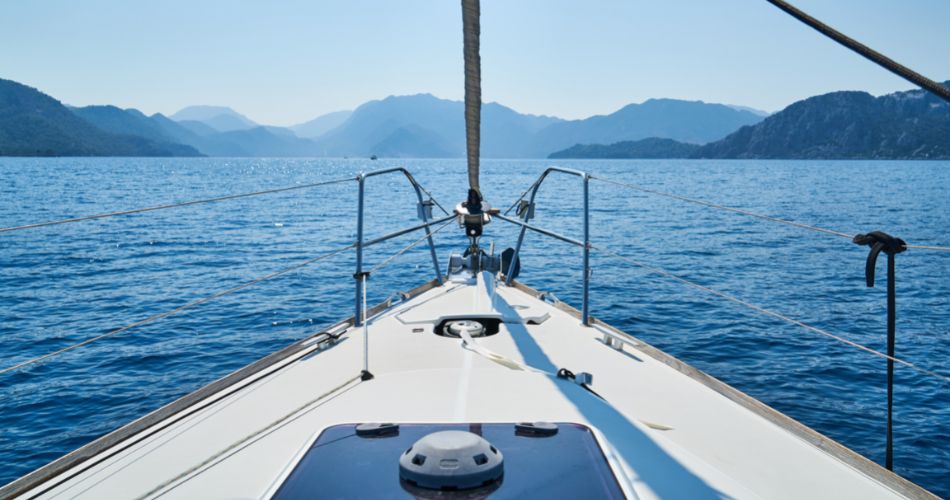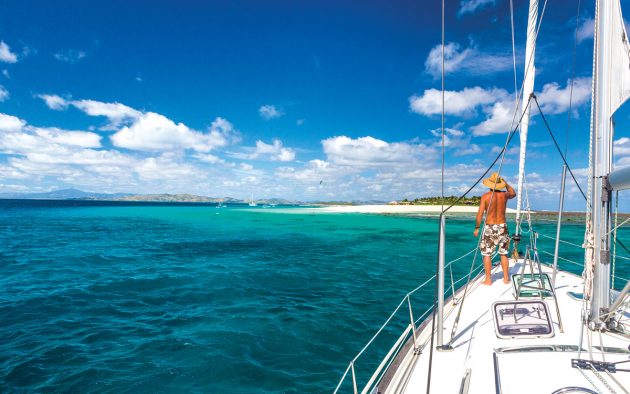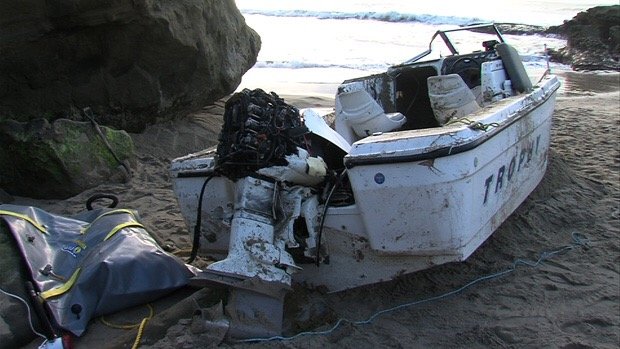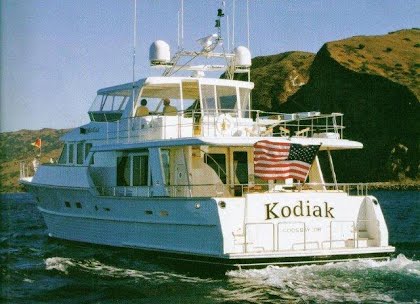Explore the Beauty of Mexican Boats: A Guide to Sailing Across the Sea Mexico is…
Finding the Right Boating Accident Lawyer for Your Case
Boating accidents can be stressful and traumatic experiences, and they can lead to serious injuries and even death. If you’re involved in a boat accident and need legal help, it’s important to find the right boating accident lawyer for your case. In this article, we’ll explain what to do if you’re injured in a boat accident, the types of cases that boat accident attorneys can handle, the causes and contributing factors in boating accidents, liability parties, common boating accidents, basic boating accident laws in the US, and how we can reduce the number of people killed in boat accidents.
What should I do if I’m injured in a boat accident?
If you’ve been injured in a boat accident, it’s important to take the following steps:
- Seek medical attention – The most important thing to do is to seek medical attention as soon as possible.
- Report the accident – You should also report the accident to the local law enforcement or other relevant agencies.
- Collect evidence – It’s important to collect evidence of the accident, such as photos and witness testimony.
- Contact an attorney – Once you’ve taken these steps, it’s time to contact an experienced boating accident lawyer.
Cases that boat accident attorneys can handle
Boat accident attorneys can handle a range of cases, including:
- Personal injury claims – If you’ve been injured in a boat accident, an attorney can help you receive compensation for your medical bills and other related expenses.
- Property damage claims – If your boat, boat equipment, or other property has been damaged in a boat accident, an attorney can help you receive compensation.
- Wrongful death claims – If a loved one has been killed in a boat accident, an attorney can help you receive compensation for funeral expenses, lost wages, and other damages.
What are the most common causes of boating accidents?
Boating accidents can be caused by a variety of factors, including:
- Inexperience – Inexperience can lead to errors in judgment, lack of knowledge, and other mistakes.
- Alcohol and drug use – The use of alcohol and drugs can impair judgment and increase the risk of accidents.
- Mechanical failure – Mechanical failure, such as engine failure, can lead to serious accidents.
- Weather conditions – Poor weather conditions, such as high winds and choppy seas, can increase the risk of accidents.
- Distracted boating – Distracted boating, such as talking on the phone or texting, can lead to errors in judgment and accidents.
Liability parties in a boat accident
In boat accidents, there may be multiple liable parties. These can include:
- The boat driver – The boat driver can be held liable for their negligence or recklessness.
- The boat owner – The boat owner can be held liable if they knew or should have known about the driver’s negligence or recklessness.
- The boat manufacturer – The boat manufacturer can be held liable if the boat was defective or not properly maintained.
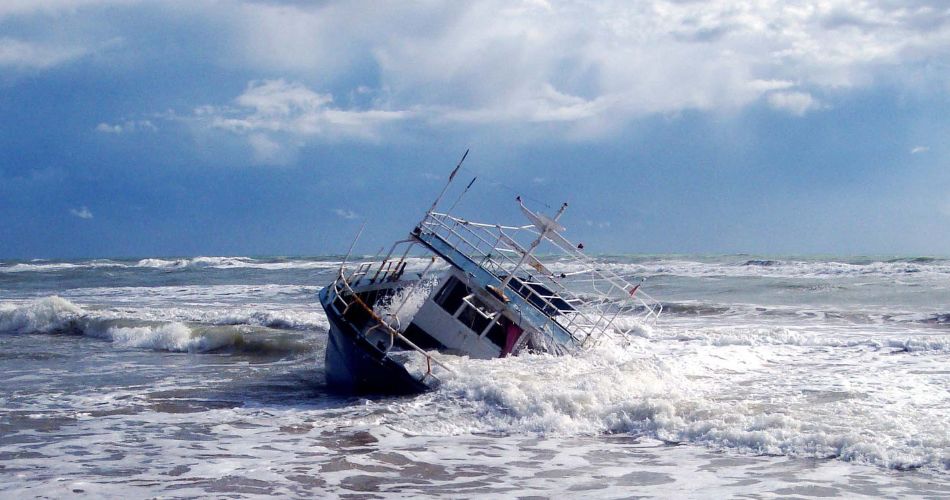
What are the most commonly reported boating accidents?
The most common types of boating accidents include:
- Collisions – Collisions between two boats can lead to serious injuries and property damage.
- Falls overboard – Falls overboard can lead to drowning or other serious injuries.
- Capsizing – Capsizing can lead to serious injuries and even death.
Basic boating accident laws in the US
In the US, all states have laws that govern the operation of boats. These laws vary from state to state, but they generally include the following:
- Minimum age for operating a boat – Most states have a minimum age requirement for operating a boat.
- Required safety equipment – Most states require all boats to have certain safety equipment, such as life jackets and fire extinguishers.
- Speed limits – Most states have speed limits for boats in certain areas.
- Drinking and boating – Most states have laws prohibiting drinking and boating.
How can we reduce the number of people killed in boat accidents?
There are several ways to reduce the number of people killed in boat accidents, including:
- Education – Educating boaters on proper operation and safety protocols can reduce the risk of accidents.
- Enforcement – Strict enforcement of boating laws can help reduce the number of accidents.
- Technology – Advances in technology, such as GPS systems and automatic emergency alerts, can help reduce the risk of accidents.
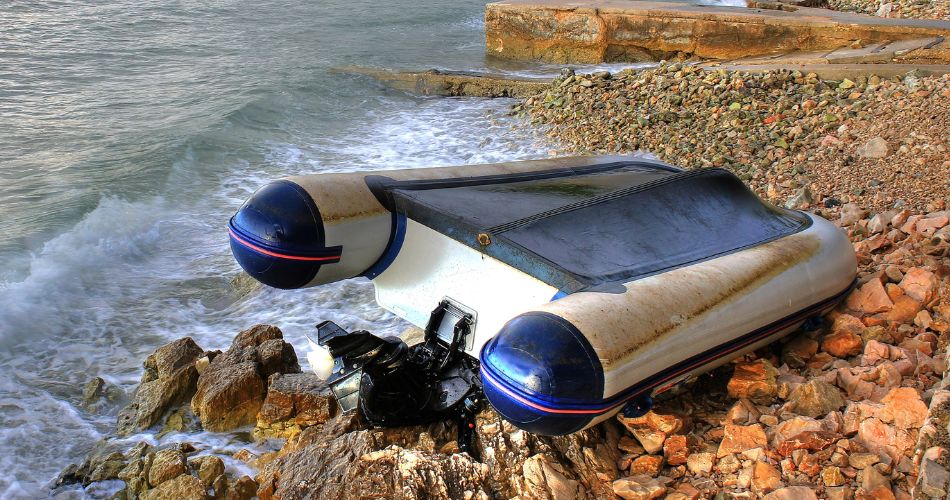
Essential boat accident FAQs: What you need to know
What is the first action required in a boating accident?
The first action required in a boating accident is to stay on the scene, check for casualties and call for help. Staying on the scene is important as it allows the investigation to take place and for the responsible parties to be identified.
How do you respond to a boating accident?
In the event of a boating accident, it is important to remain calm and to assess the situation. It is important to check for casualties and to call for help if necessary. If there are no casualties, you should still call for help and report the accident to the relevant authorities.
What are the most common boat accident lawyer fees?
The fees for boat accident lawyers vary depending on the complexity of the case and the specific lawyer. Generally, boat accident lawyers charge an hourly rate as well as a retainer fee. Fees may also include additional charges for filing fees, investigative fees and expert witness fees.
What is the most common boat accident?
The most common boat accident is a collision between two vessels. This is usually caused by one of the vessels not taking the necessary precautions to avoid such an accident, such as failing to maintain a proper lookout or not adhering to safe navigation practices.
What happens if you hit another boat?
If you hit another boat you may be liable for damages and/or injuries caused to the other vessel or its occupants. The law may also require you to pay for the damages to the other vessel and its occupants’ medical expenses.
When would a boating accident report be required MD?
In Maryland, the operator of a boat involved in an accident is required to report the accident to the Maryland Natural Resources Police within 48 hours. If the accident results in a death, injury or property damage of more than $2,000, then the operator must report the accident immediately.

What is the number one factor in boating deaths?
The number one factor in boating deaths is alcohol consumption. According to the United States Coast Guard, alcohol consumption is the leading contributing factor in boating deaths.
What’s the difference between a boat attorney and a boat injury lawyer?
A boat attorney is a legal professional who is knowledgeable in maritime law, whereas a boat injury lawyer is an attorney who specializes in personal injury claims related to boat accidents.
Who may be held liable for the damages caused by your vessel, no matter who is operating it?
The owner of the boat may be held liable for the damages caused by the vessel, no matter who is operating it. The owner of the boat is responsible for the safe operation of the vessel and can be held liable for any damages caused by the vessel.
When two boats are about to collide, whose operator is legally responsible?
The operator of the vessel who fails to take the necessary precautions to avoid a collision is legally responsible. This includes the duty to maintain a proper lookout and to adhere to safe navigation practices.
What is the first action required of a boat operator who witnesses an accident?
The first action required of a boat operator who witnesses an accident is to call for help. This should be done as soon as possible to ensure that medical assistance is provided to any injured persons and that the scene is properly secured for the investigation.
What is a boat crash called?
A boat crash is referred to as a “marine collision.”
What is the most fatal boating accident?
The most fatal boating accident is a collision between two vessels. These types of accidents can be highly destructive and can cause significant injury or death to those involved.
